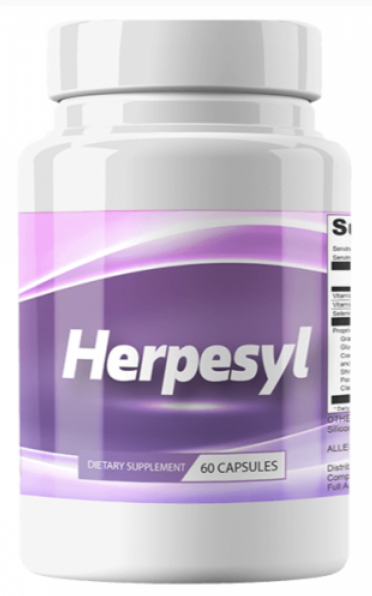The American Red Cross has guidelines as to who can donate blood and when. Can you donate blood if you have herpes? Usually, yes. But in some cases, they ask you to wait.
✔️ Medically reviewed by Meagan Fleming, RN on May 17, 2019
First know herpes spreads by skin contact
Herpes is a viral infection that affects the skin and nerves, and is usually passed by skin-to-skin contact. (1) It’s not typically passed by blood. Some forms of direct contact that can transmit HSV strains (including genital and oral herpes) are:
- sexual intercourse
- sharing the same eating utensils or toothbrushes
- kissing
- any skin-to-skin contact during an active phase
Can you donate blood if you have herpes?
According to the American Red Cross, you can donate blood if you have genital or oral herpes as long as you are otherwise well and have had it for some time. Their donor eligibility guidelines explain that people with HSV are allowed to donate blood unless they have another prohibitive infection, like HIV or hepatitis.
However, according to a Go Ask Alice column, people having their first herpes outbreak are discouraged from donating, and are asked to wait about a month.
This is because the first time herpes manifests is usually the strongest. There is also a tiny possibility during this period that the virus could enter the bloodstream. (2)
What if I’m having an outbreak?
If you’re feeling especially ill, either because of herpes symptoms or another illness, it’s best to wait.
The Australian Red Cross’ guidelines say not to donate blood during an active herpes outbreak. Their website advises to wait until any sores are gone. The area of infection must be clean and dry. (3)
The site also says if you’ve come into sexual contact with someone who has active genital herpes, to wait two weeks before donating blood.
Can I donate blood while on Valtrex?
The current American Red Cross guidelines do not list Valtrex as a reason not to donate blood. A 2008 Chicago Tribune article said a person should wait 48 hours after taking antiviral medications to donate, but this is no longer reflected in the Red Cross guidelines. Antivirals include valacyclovir, acyclovir, or famciclovir.
Stress contributes to outbreak frequency. (4) If you’re feeling unusually stressed already, any additional stress on your body could have the potential to trigger a herpes outbreak.
Other requirements to donate
- You are allowed to donate if you have a case of chlamydia or HPV.
- If you’ve had gonorrhea or syphilis, you should wait 12 months after successful treatment to donate.
- Those with HIV or hepatitis should not donate.
Again, herpes simplex is transmitted through direct physical contact, and not through blood transfer. So yes, you can still donate blood if you have herpes. For recurring outbreaks, consider waiting until the sores have dried up and healed. As long as you are feeling healthy and meet all other requirements, you’re good to go.
Herpes Statistics | Dating With Herpes | Telling Them You Have HSV
Do you want to help others with HSV? If this article was useful, please consider sharing or posting it where it can help someone else.










